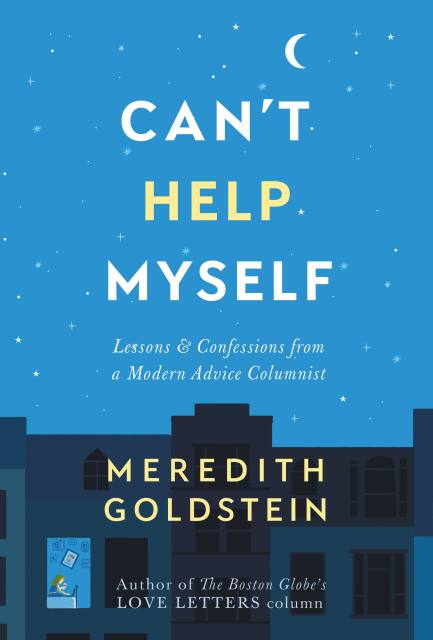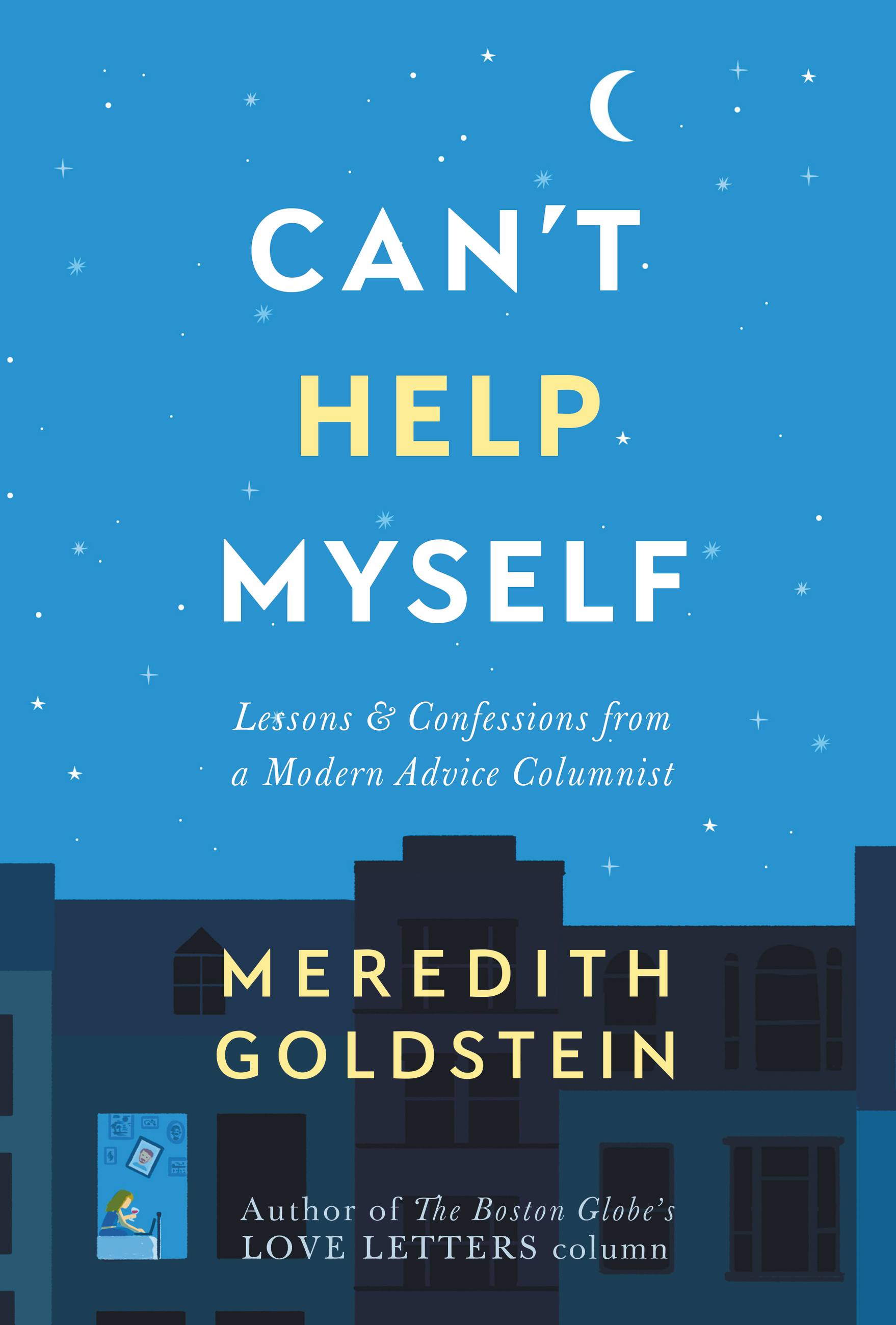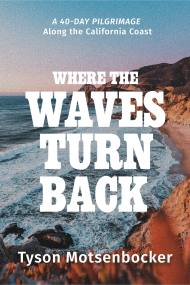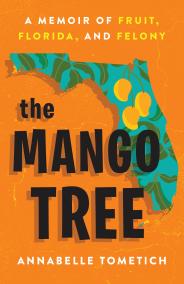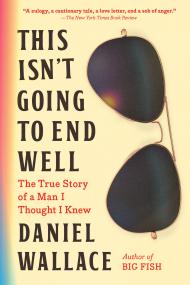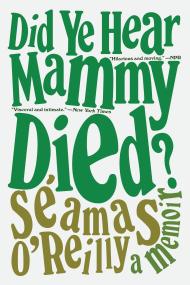Promotion
Use code MOM24 for 20% off site wide + free shipping over $45
Can't Help Myself
Lessons & Confessions from a Modern Advice Columnist
Contributors
Formats and Prices
Price
$13.99Price
$17.99 CADFormat
Format:
- ebook $13.99 $17.99 CAD
- Hardcover $26.00 $34.00 CAD
- Audiobook Download (Unabridged)
- Trade Paperback $15.99 $20.99 CAD
This item is a preorder. Your payment method will be charged immediately, and the product is expected to ship on or around April 3, 2018. This date is subject to change due to shipping delays beyond our control.
Also available from:
A disarmingly honest memoir about giving advice when you’re not sure what you’re doing yourself, by the woman behind The Boston Globe‘s Love Letters column.
Every day, Boston Globe advice columnist Meredith Goldstein takes on the relationship problems of thousands of dedicated readers. They look to her for wisdom on all matters of the heart- how to cope with dating fatigue and infidelity, work romances, tired marriages, true love, and true loss. In her column, she has it all figured out, but in her real life she is a lot less certain.
Whether it’s her own reservations about the traditional path of marriage and family, her difficulty finding someone she truly connects with, or the evolution of her friendships as her friends start to have their own families, Meredith finds herself looking for insight, just like her readers. As she searches for responses to their concerns, she’s surprised to discover answers to her own. But it’s after her mother is diagnosed with cancer that she truly realizes how special her Love Letters community is, how this column has enriched her life as much, if not more than, it has for its readers.
Can’t Help Myself is the extraordinary (and often hilarious) story of a single woman navigating her mercurial love life, and a moving and poignant portrait of an amazing community of big-hearted, love-seeking allies.
Every day, Boston Globe advice columnist Meredith Goldstein takes on the relationship problems of thousands of dedicated readers. They look to her for wisdom on all matters of the heart- how to cope with dating fatigue and infidelity, work romances, tired marriages, true love, and true loss. In her column, she has it all figured out, but in her real life she is a lot less certain.
Whether it’s her own reservations about the traditional path of marriage and family, her difficulty finding someone she truly connects with, or the evolution of her friendships as her friends start to have their own families, Meredith finds herself looking for insight, just like her readers. As she searches for responses to their concerns, she’s surprised to discover answers to her own. But it’s after her mother is diagnosed with cancer that she truly realizes how special her Love Letters community is, how this column has enriched her life as much, if not more than, it has for its readers.
Can’t Help Myself is the extraordinary (and often hilarious) story of a single woman navigating her mercurial love life, and a moving and poignant portrait of an amazing community of big-hearted, love-seeking allies.
Genre:
- On Sale
- Apr 3, 2018
- Page Count
- 256 pages
- Publisher
- Grand Central Publishing
- ISBN-13
- 9781455543786
Newsletter Signup
By clicking ‘Sign Up,’ I acknowledge that I have read and agree to Hachette Book Group’s Privacy Policy and Terms of Use
